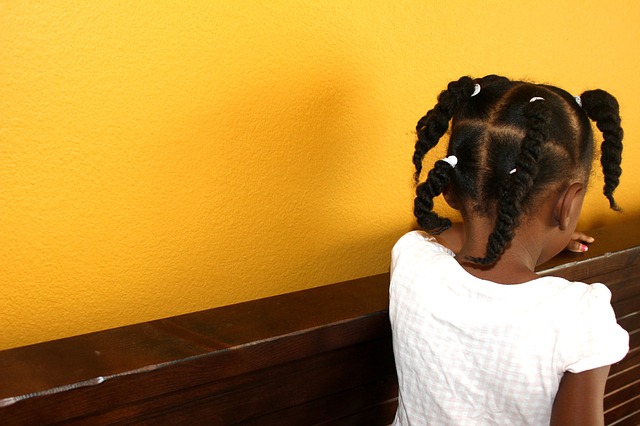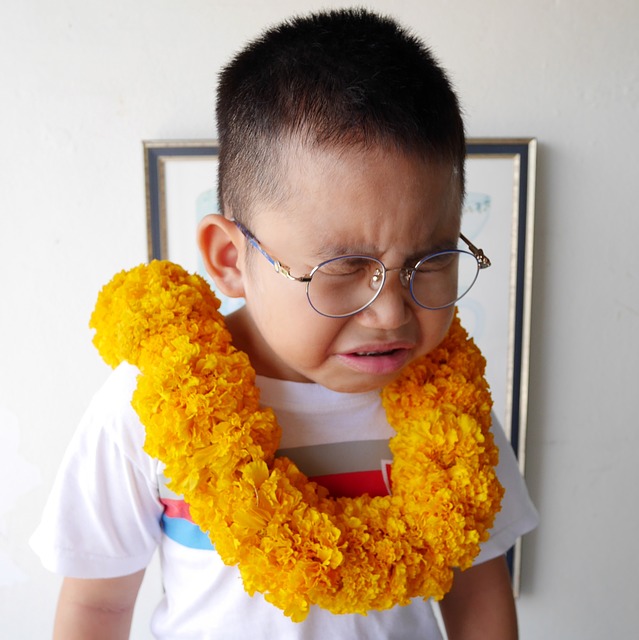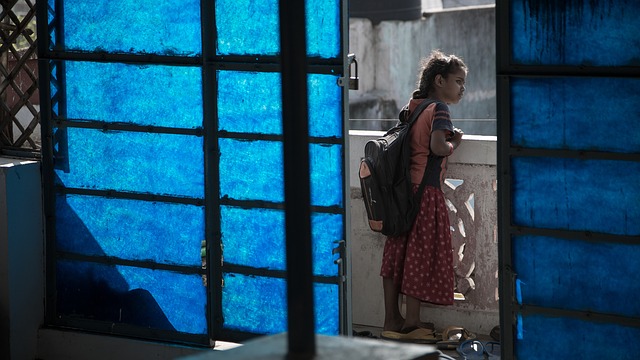Left alone to fend for themselves.
School can be rough. As if tests, homework, and a load of new information wasn’t enough. Schoolmates can make life a real challenge for a kid. Bullying is serious business. In late November, ten year-old Ashawnty Davis of Sunrise Elementary school in Aurora, Colorado, killed herself after video footage of an altercation between her and another student. An alleged bully, surfaced online. Her parents believe her death to be a case of “bullycide”; suicide resulting from bullying. Why not teach your child to deal with these tormentors.
School tyrant wants you to feel unhappy.
An action or behavior is considered unwanted. If the victimization continues being repeated. These incidents cause the child to feel unworthy and sad. Important to know these kids feels liked they do not fit in. This imbalance of power in which the aggressor always has the upper hand. Leads to depression. It’s not just physical action, either. But there’s verbal teasing, name-calling, and threats words that can tear a person down. Causes emotional hardship on the youth. These social actions deliberately isolated. By spreading rumors and embarrassing the victim.
School: The victim
“One’s dignity may be assaulted, vandalized and cruelly mocked, but it can never be taken away unless it is surrendered.” Michael J. Fox. Let’s stop the cruelty, of this kind. Your child mental health matter. Act now addressed as soon as possible. Ensures that your child’s health is protected. Before this issue can be solved. it needs to be identified. The duty as a parent is to become more active. In your child’s school district activities by participating and work closely with the school counselors and teachers.
Here are some signs to look out for:
- Refusal to go to school or take the school bus.
- Avoiding peer interactions outside of school hours.
- Sadness, anxiety, loneliness, and or depression without apparent cause.
- Increased self-blame, or expressions of feeling worthlessness.
- Frequent complaints of headaches, and stomachaches.
- Sudden change in school performance.
- Talks or including hinting about wishing to die.
School Fear
If you suspect something is up, ask your child what’s going on. Be patient, though; it might take a while for them to open up to you. Comment on changes in behavior, and watch for their responses. But be careful not to do so right before or after school. Once you are sure that your child is being bullied, it’s important to treat this situation carefully.
Please Do not blame the child.
- Cast blame. Asking, “What did you do to provoke these kids?” or, “Did you do something to them first?” is not the way to go. The last thing you want is your child to feel you’re judging them. Listen with an open mind without adding to potential self-blame.
- Schedule a meeting with the other kid(s) or their parents. This is a disaster waiting to happen. The kids feel awkward, your child may be terrified… and rightly so! It may end up worsening the situation.
Do take a proactive approach to resolving the problem:
- Discuss the issue with your child and work on a solution together. Decide together, whether it’s best to just walk away or make a witty comeback. Having a single friend or a group of trusted comrade to be part of a ‘buddy system helps.
- Ask a teacher for help, although they may not be there to witness the bullying. But they can often identify changes in your child’s behavior. Along with he or she emotional state at the time.
- Identify a trusted staff member. Your child needs someone they can go to talk. A guidance counselor, a teacher, a school nurse… anyone that can provide a safe space or listening ear if the bullying doesn’t stop.
Being bullied can be a traumatic experience for your child. It can result in PTSD, anxiety, loneliness, and even suicidal tendencies. Provide your child with the love and support he or she needs to help them become bullyproof.




